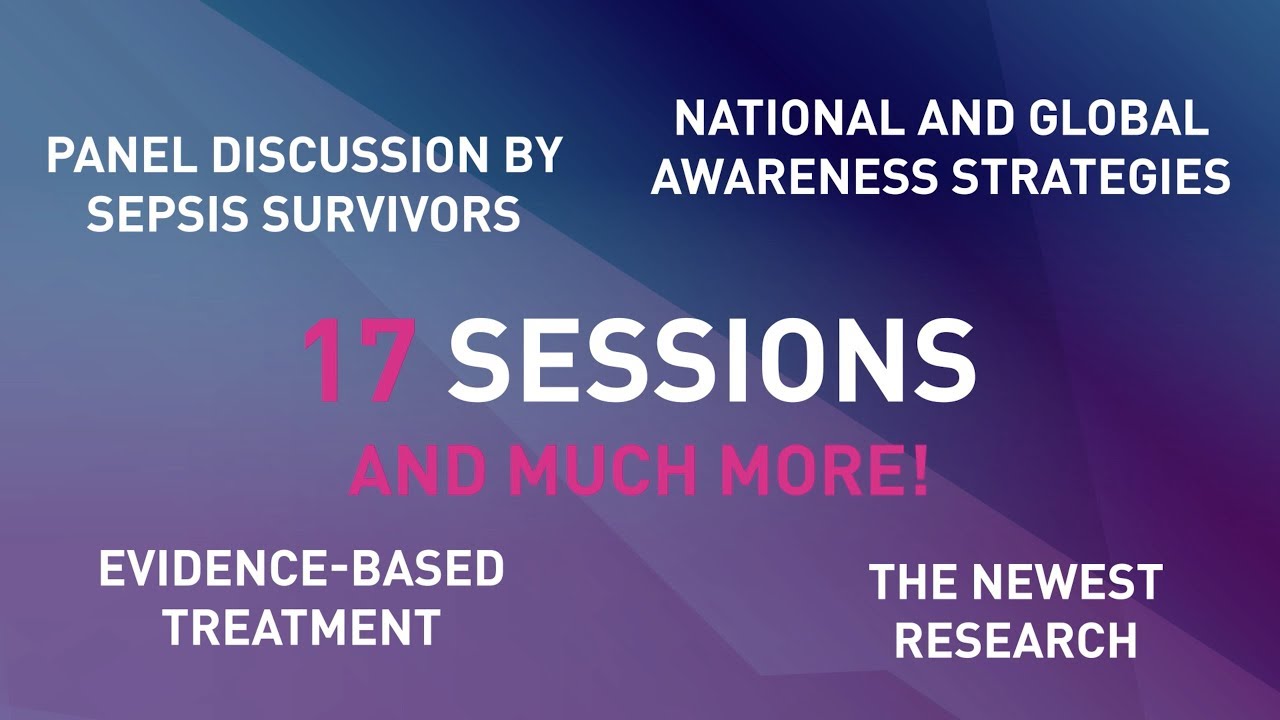By the bioMérieux Connection Editors
Wednesday, September 5th kicked off the start of this year’s World Sepsis Congress, a series of interactive sessions dedicated to the fight against sepsis. Over the course of 17 sessions, the speakers cover a full range of issues, from epidemiology and pathogen detection to treatment and patients’ stories.
Session 6, the Importance of Pathogen Detection and Sepsis Markers, caught our attention, with its emphasis on rapid diagnostics. Six different speakers gave short presentations on the following topics:
- How to Improve Yield and Time to Results of Blood Cultures
Peter Keller, Switzerland - Understanding Abnormal Coagulation Tests in Sepsis
Beverley Hunt, UK - Novel Approaches to Faster Detection of Antibiotic Resistance
Marin Kollef, US - Procalcitonin for Infection Management in the ICU
Evelien de Jong, The Netherlands - Transcriptional Diagnostics in Sepsis
Tom van der Poll, The Netherlands - Precision Medicine Will Change Sepsis Management
Michael Bauer, Germany
Peter Keller, Marin Kollef, and Evelien de Jong covered topics of particular interest.
Dr. Keller emphasized the importance of rapid management of blood cultures in the lab, along with the need to improve logistics, preanalytics, and adoption of rapid identification and susceptibility testing techniques. A big part of that process will be continuing to educate clinicians and laboratory professionals about the benefits of adopting new technologies and the impact they can have on lab efficiency and patient outcomes.
One of those new technologies is the biomarker procalcitonin (PCT), which Dr. de Jong discussed in the context of infection management in the ICU. Dr. de Jong’s research has focused heavily on procalcitonin, especially when used to guide antibiotic treatment for critically ill patients. Her recent meta-analysis found that, “Procalcitonin-guided antibiotic treatment in ICU patients with infection and sepsis patients results in improved survival and lower antibiotic treatment duration.”
However, Dr. Kollef’s presentation reminded us that it’s important to remember that even with the newest technologies, without an effective antibiotic stewardship program, the impact of those technologies on patient outcomes is usually limited. Research has also found that if initial therapy for patients in the ICU isn’t adequate, mortality rates are much higher. Having information systems in place that can rapidly transfer information from the lab to clinicians is often vital, because the sooner a doctor has accurate information, the sooner they can ensure that their patients are receiving the most appropriate treatment.
Ultimately, Dr. Kollef said, being able to apply diagnostic tests in a point-of care setting would be ideal, but for now, doctors must still typically rely on a centralized laboratory to provide actionable results.
Opinions expressed in this article are not necessarily those of bioMérieux, Inc.



